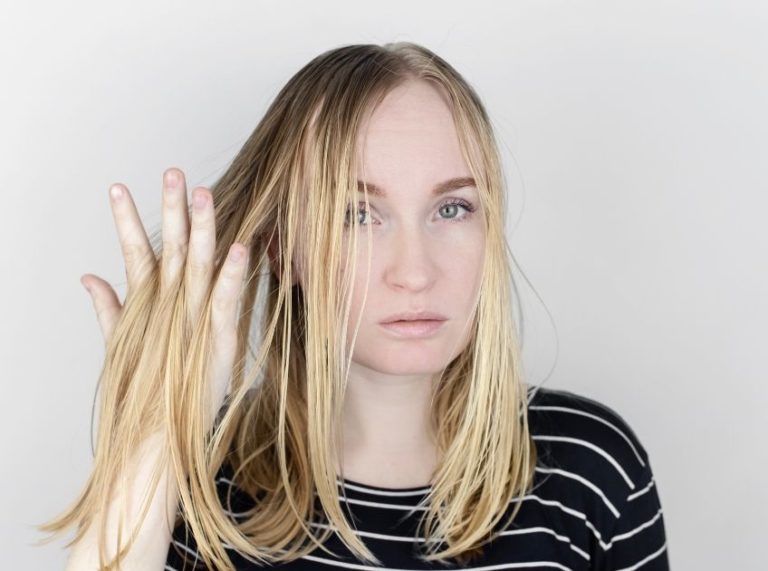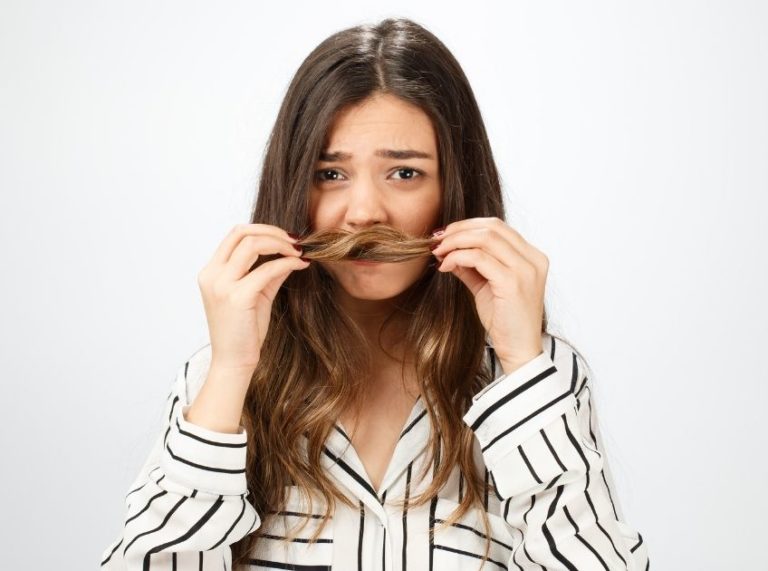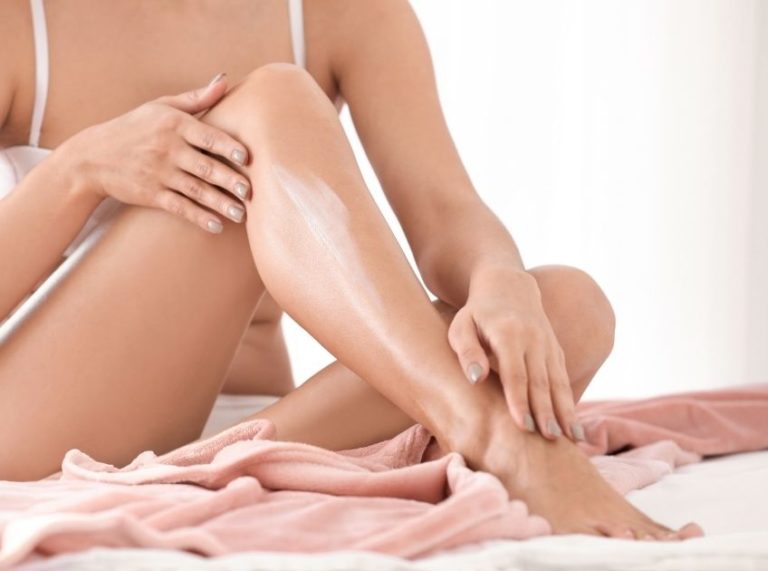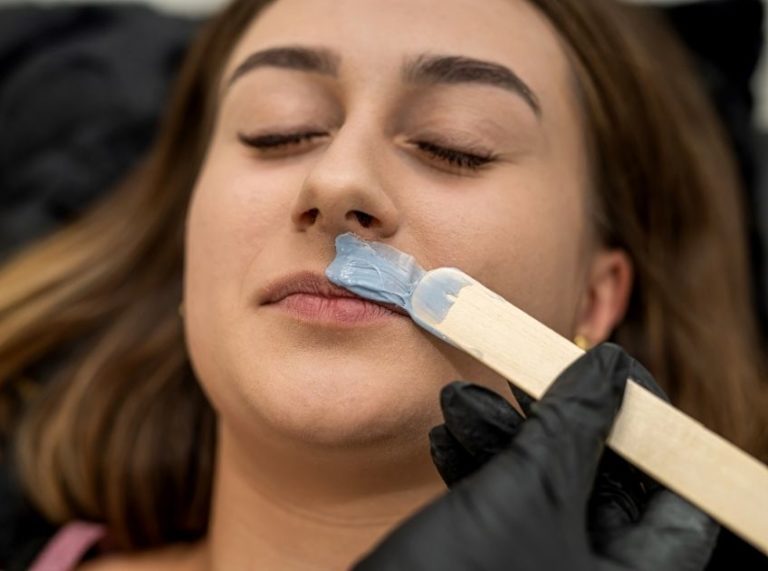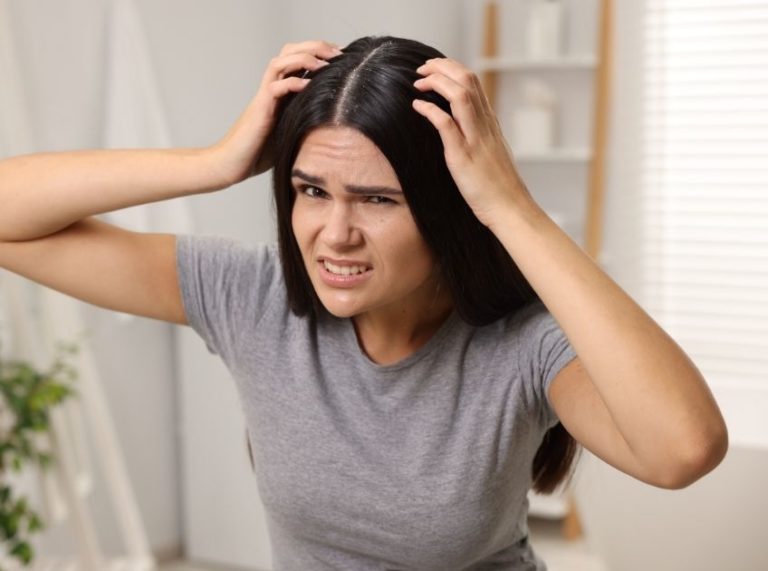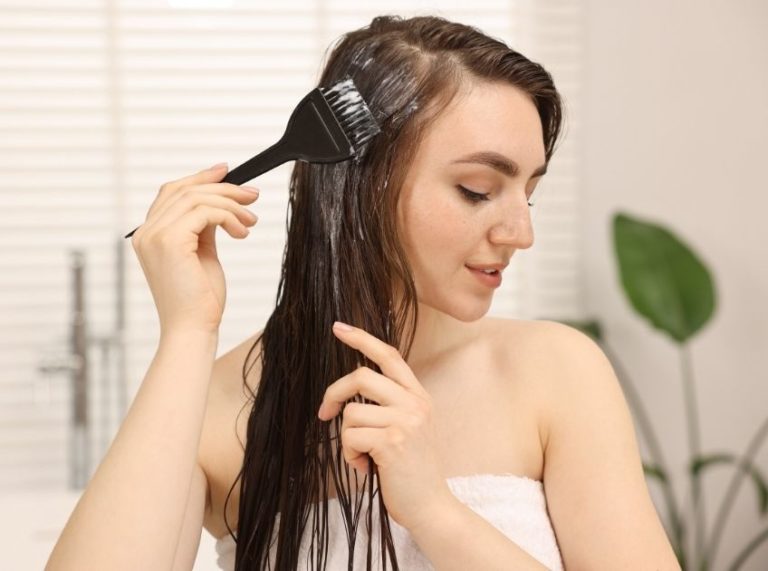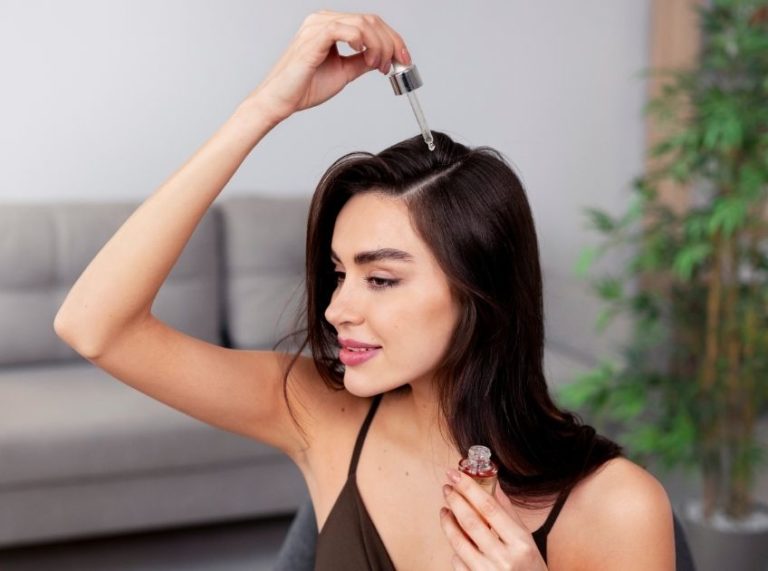
Important: This article is for informational purposes only. Please read our full disclaimer for more details.
If you’re searching for smoother, shinier, and more manageable hair, keratin hair sprays might be on your radar. Promising salon-like results in just a few spritzes, these sprays are increasingly becoming a staple in at-home hair care routines. But the question remains: Is keratin hair spray truly good for your hair, or just another trend in a bottle?
In this blog post, we’ll explore what keratin hair spray does, break down the science behind it, and help you determine if it’s the right fit for your hair type and goals.
What Is Keratin Hair Spray and How Does It Work?
Keratin is a natural protein that makes up about 90% of your hair’s structure. Over time, due to heat styling, chemical treatments, and environmental exposure, your hair can lose keratin, leading to dullness, frizz, and breakage. Keratin hair sprays are formulated to temporarily replenish this lost protein on the surface of the hair shaft.
These sprays typically contain hydrolyzed keratin, which is broken down into smaller protein fragments that are small enough to attach to the hair cuticle. When applied, they form a protective coating that helps:
- Reduce frizz
- Smooth the hair shaft
- Improve manageability
- Add shine and gloss
Unlike in-salon keratin treatments, sprays are designed for temporary, non-invasive use and can be incorporated into daily styling routines.
What Science Says About Keratin Sprays
There is some scientific basis supporting the use of hydrolyzed keratin in hair care. A 2013 study published in the Journal of Cosmetic Science found that hydrolyzed keratin improved hair strength and elasticity after repeated damage from bleaching. It helps patch up microscopic holes in the cuticle layer, which can reduce hair porosity and improve its appearance (1).
Another research piece in Polymers (2020) highlighted that keratin proteins can interact with damaged hair surfaces, improving water retention and reducing friction, —important factors for shine and smoothness (2) (3).
While results vary depending on product quality and individual hair types, scientific evidence supports that keratin, when used topically, can temporarily enhance the hair’s resilience and look.
Top Reasons to Use Keratin Hair Spray
1. Instant Frizz Control
Keratin sprays are ideal for taming flyaways and managing frizz, especially in humid climates. They help smooth the outer cuticle, locking out excess moisture.
2. Heat Protection During Styling
Many keratin sprays double as heat protectants. They form a barrier between your hair and styling tools, minimizing thermal damage.
3. Adds Natural Shine
By sealing the hair shaft, keratin sprays can enhance light reflection, giving your hair a healthy, glossy finish without feeling greasy.
4. Easier Detangling and Styling
Tangled or coarse hair becomes more manageable after keratin spray application, making it easier to comb, braid, or style.
5. Lightweight and Versatile
Unlike heavy masks or oils, keratin sprays are lightweight and suitable for daily use—even on fine hair that’s easily weighed down.
When to Be Cautious: Potential Drawbacks
- Protein Overload: Too much keratin (especially if combined with other protein-rich products) can lead to stiffness or dryness. Balance with moisturizing products.
- Not a Deep Treatment: Keratin sprays provide surface-level improvement. Severely damaged hair may need deep conditioning or professional treatments.
- Some Contain Alcohol: Alcohol-based formulas may dry out the hair with excessive use—check the ingredient list before buying.
Frequently Asked Questions (FAQ’S)
Q1: Can I use keratin hair spray every day?
A. Yes, but moderation is key. If you’re also using other protein-rich products, limit usage to 2–3 times a week to avoid protein buildup and dryness.
Q2: Is keratin hair spray safe for color-treated hair?
A. Most keratin sprays are safe for dyed or bleached hair and can even help seal in color. Look for formulas labeled “color-safe” or “sulfate-free.”
Q3: Will keratin spray help my hair grow faster?
A. Keratin spray does not stimulate hair growth. However, it strengthens and protects the hair shaft, reducing breakage and promoting length retention over time.
Final Verdict: Is Keratin Hair Spray Good for Hair?
In a word—yes. Keratin hair spray can be a powerful ally in your hair care routine, especially if you’re battling frizz, dullness, or minor damage. It’s not a miracle cure, but when used correctly and in balance with moisturizing products, it can dramatically improve your hair’s appearance and manageability.
For best results, opt for a high-quality keratin spray free of sulfates and harsh alcohols. Combine it with a balanced routine of deep conditioning and gentle cleansing to keep your hair truly healthy, not just shiny on the surface.


